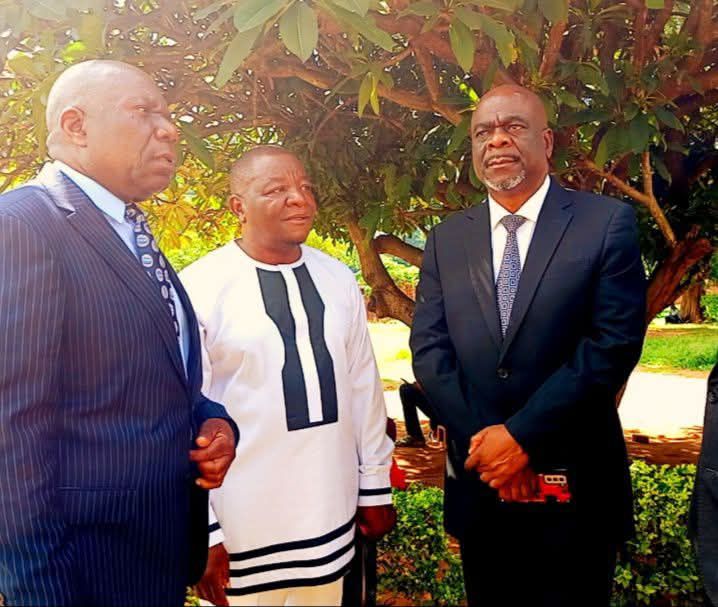By: Kassim Kajosolo

Former Minister of Energy Newton David Kambala has marked exactly four years since his arrest on alleged corruption charges, describing the drawn-out court process as “justice delayed, justice denied.”
In a strongly worded statement released on 9 August 2025, Kambala lamented what he called “technical detention” being on bail since August 2021 while awaiting the court’s determination on whether he has a case to answer.
Kambala, who was arrested alongside Alliance for Democracy (AFORD) president Enock Chihana and Chris Chaima, maintains his innocence and claims his ordeal stems from his refusal in 2020 to approve expensive fuel supply contracts recommended by the National Oil Company of Malawi (NOCMA) and cleared by the Anti-Corruption Bureau (ACB).
According to Kambala, the rejected contracts, awarded to suppliers ranked 12th and 13th in pricing, would have cost Malawi an extra USD 52 million annually.
He insists this decision became “my cardinal crime to the powers that be,” alleging that politically connected individuals in the fuel sector have since worked to tarnish his name.
“Real thieves in the fuel business will soon be laid bare for the nation to see,” Kambala said, accusing some figures “viewed as saints” of writing damaging reports to divert attention from their own corrupt dealings.
Recounting his arrest, Kambala claims the ACB struggled to frame charges, keeping him in police cells for two nights before accusing him of “attempting to influence a public officer to abuse office.”
He emphasised that neither he nor his co-accused ever received a bribe, unlike others who, he alleges, were allowed to return illicit payments and walk free.
The former minister says the prolonged case has devastated his family, caused his father to suffer a minor stroke, and left his mother in constant fear.
He also claims his construction company, Mkaka Construction Limited, has been “unduly victimised” and sidelined from fair competition in the market.
Kambala decried what he described as a toxic political culture marked by “jealousy, witch hunting, fault finding, and evidence planting,” calling for a shift toward recognising merit and promoting “Made in Malawi” products and solutions.
“I shall always need to know why I was arrested, why I am still on bail, and why my company has been victimised for the past 48 months,” he said.
The case against Kambala remains before the courts, with the nation still waiting to see whether the former minister will be formally cleared or face trial.



